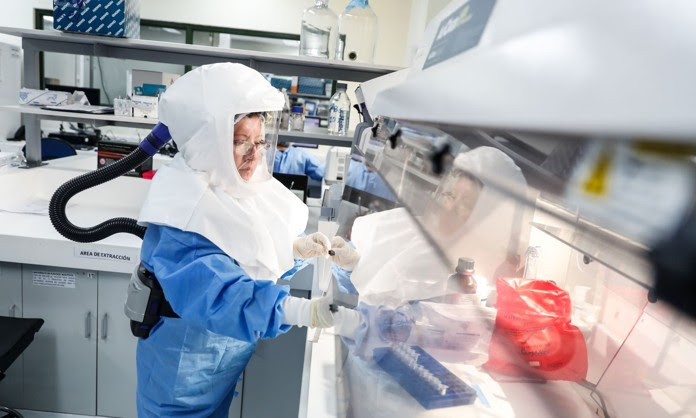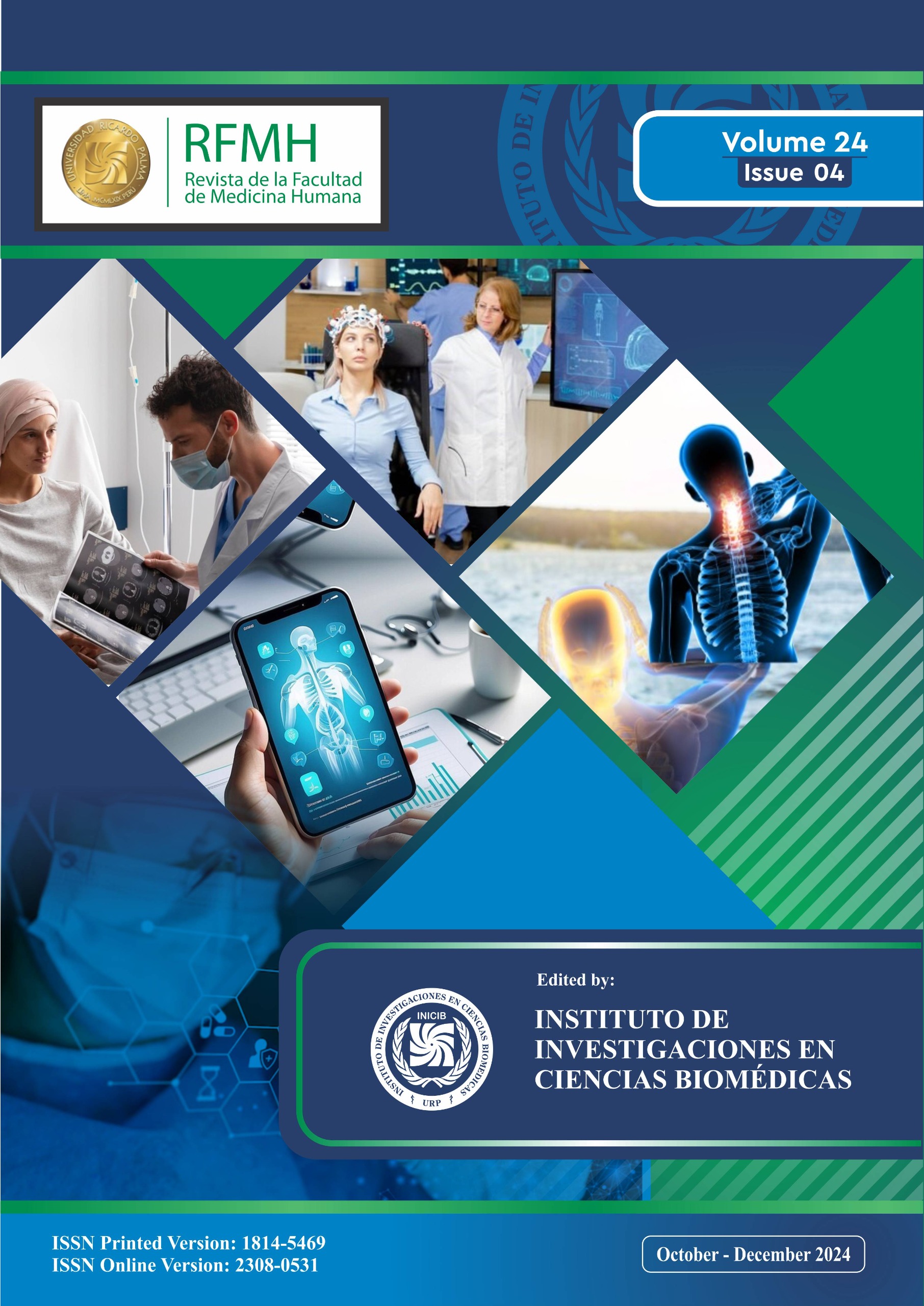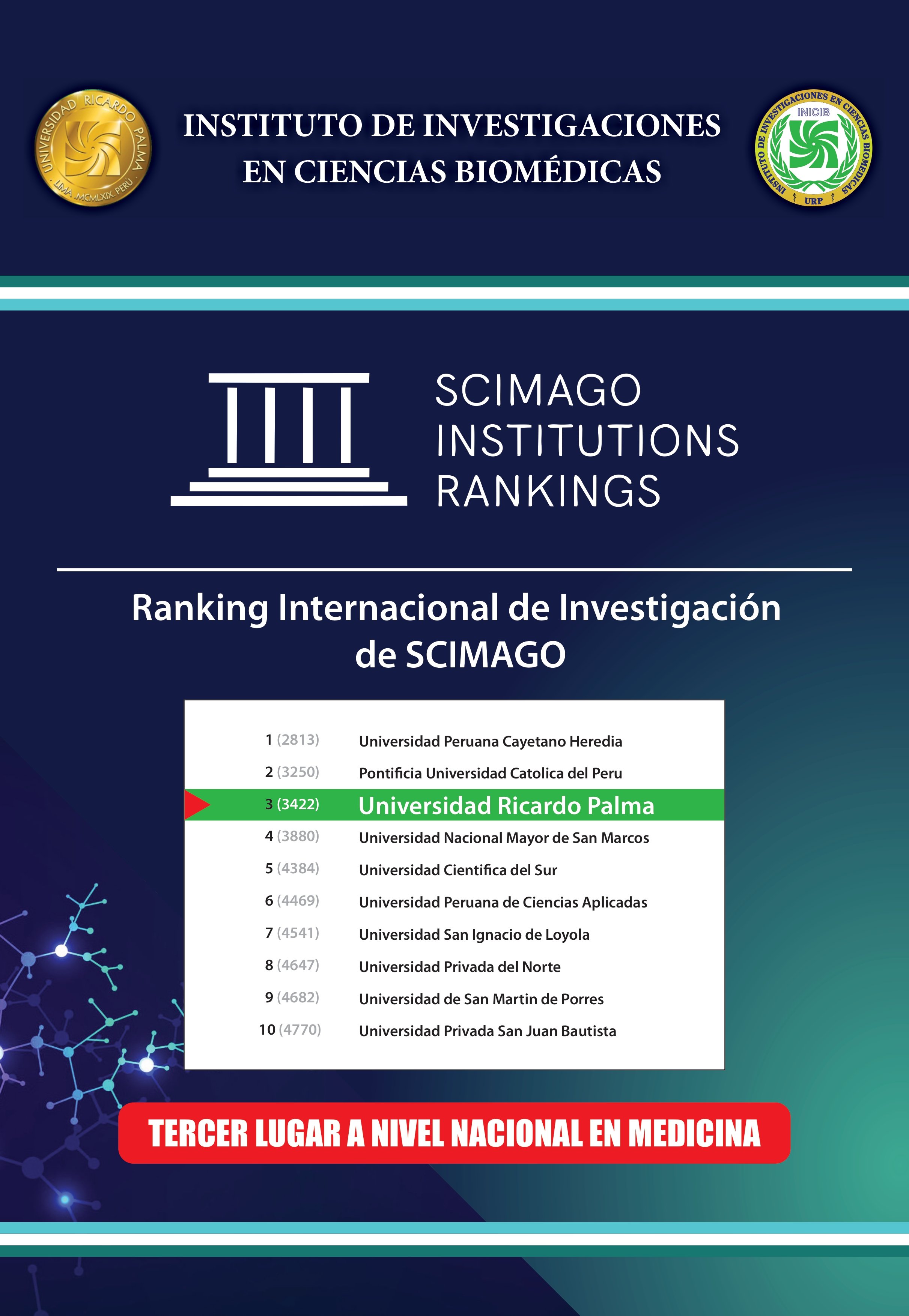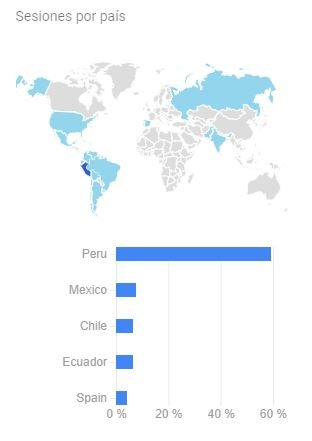Effect of SARS-CoV-2 variants on the transmission of COVID-19 in Peru
Efecto de las variantes de SARS-CoV-2 en la transmisión de COVID-19 en el Perú
Abstract
SARS-CoV-2 is the coronavirus that causes the COVID-19 pandemic and is made up of a rapidly evolving RNA. This virus presents continuous genomic mutations as it is transmitted. A major focus of current research on the genetics of SARS-CoV-2 is whether any of these mutations have the potential to significantly alter important viral properties, such as the mode or rate of transmission, or the ability to cause increased lethality. Important mutations have already been reported in the United Kingdom, where out of 25,000 genome sequencing, the D614G mutation was identified in SARS-CoV-2, a mutation that results in a displacement of aspartic acid with glycine at position 614 of the spike protein ( S) of the virus that, although it is true, are not associated with greater mortality or clinical severity due to COVID-19, but 614G is associated with a higher viral load and a younger age of the patients.
Downloads

Downloads
Published
How to Cite
Issue
Section
License
Copyright (c) 2021 Revista de la Facultad de Medicina Humana

This work is licensed under a Creative Commons Attribution 4.0 International License.





























